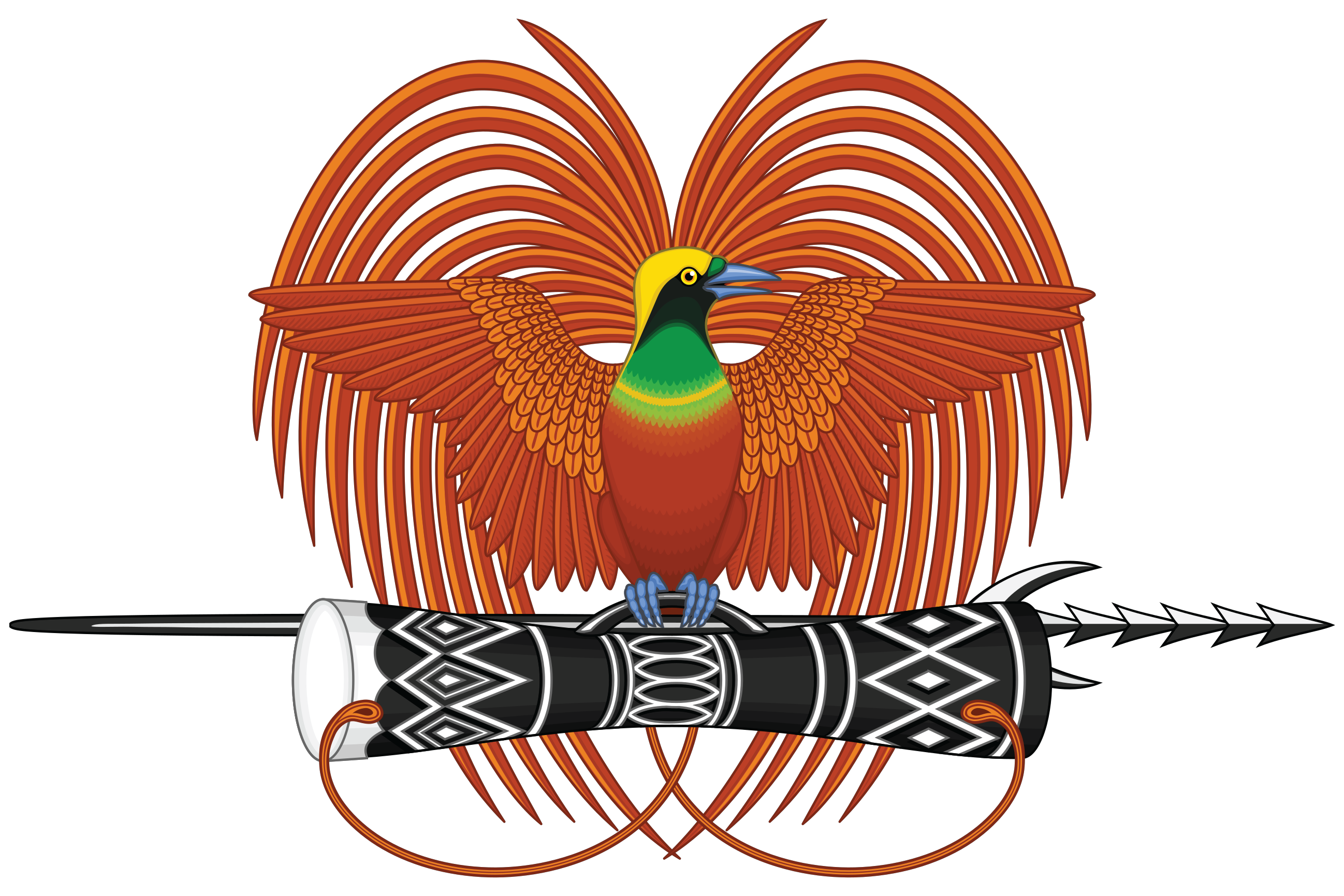EU-STREIT PNG, a strengthened partnership for inclusive, sustainable development of agribusiness in the Sepik
EU Funded UN Joint STREIT Programme commemorates the EU Day 2023 by emphasising its commitment to promote mainstreaming gender perspectives for women’s economic empowerment through the recognition and valuation of the quality-determinant role they already play in agrifood value chains.

A woman from Poro Village in West Sepik participate in cocoa upskilling training organised by the EU-STREIT PNG Programme.
©FAO-STREIT
Wewak, Papua New Guinea – The EU-STREIT PNG Programme, funded by the European Union, is currently engaged in a joint effort with local partners to bring about significant changes in the agrifood systems in the Sepiks. One of the primary intervention strategies of the Programme is the promotion of mainstreaming gender perspectives for the women’s economic empowerment through the recognition and valuation of the quality-determinant role they already play in agrifood value chains.
Agriculture is the backbone of Papua New Guinea economy, accounting for up to 25% of its GDP. PNG Women are essential actors in the agrifood value chains, making up a whopping 80% of the agricultural labour force in rural areas both as producers and as small and medium-size entrepreneurs. Their role in family nutrition and diet is of paramount importance, making them key players in the critical task of ensuring food and nutrition security.
Women possess crucial competencies that can play a pivotal role in achieving Sustainable Development Goals (SDGs), including but not limited to Economic Growth (SDG 8), No Poverty (SDG 1), and Zero Hunger (SDG 2).
Nevertheless, PNG women face significant challenges that hinder progress, such as limited access to productive resources, lack of decision-making power over household income, insecurity, limited access to markets, and inadequate knowledge of technological innovations. These obstacles impede the ability of the PNG woman to contribute fully to the economy and society. Moreover, the under-representation of women in leadership positions and the lack of sex-disaggregated data in agricultural analysis reports exacerbate the situation, making it even more precarious. Therefore, it is imperative to recognise and address these challenges and empower women economically and ensure equal participation in achieving the Sustainable Development Goals.
These gender-based constraints in agrifood value chains significantly hinder to inclusivity and the overall progress of PNG societies. These limitations prevent women from exploiting their full potential, which results in the marginalisation of women and the deprivation of their basic human rights including increased Gender-based Violence, ultimately leading to a lack of opportunities for improvements in food and nutrition security.
To address these challenges, the EU-Funded UN Joint STREIT PNG Programme is taking a comprehensive approach to ensure that women are equitably and actively involved in capacity development initiatives related to agri-food production, processing, and marketing. The Programme provides trainings to upskill women in group dynamics and leadership, business management, enabling them to establish, run, and develop agri-food enterprises. The Programme is also conducting tailored campaigns, workshops, and community engagements to raise awareness and sensitisation of the challenges women face, their under-recognised but quality-determinant contributions to the agri-food sector, and the benefits of women's empowerment. The Programme has set a minimum target and criterion to ensure women hold at least 25 percent of managerial positions in in agribusiness groups. Thanks to these interventions, women's participation in such posts has increased by 20 percent and counting.
Through partnerships with multiple financial institutions, the Programme has made significant strides towards enhancing financial access for women in the Sepik region. As a result, over 38,000 women have been successfully connected with formal financial service providers, which has enabled them to take advantage of essential banking services and products, including savings, cashless transactions, and loan facilities. These resources are vital for establishing, managing, and expanding agri-food businesses.
To improve access to markets and agri-business opportunities, as well as social services, such as education and health care, the Programme is rehabilitating 15 rural access roads in the two Sepiks, invigorating tens of thousands of rural women and girls to benefit from shorter commutes, which also contributes to their economic empowerment and agency.
To make sure that digital solutions and services are accessible to women and girls, the Programme regularly provides training on digital skills, women entrepreneurship, marketing, access to e-marketplaces, and access to government services. These trainings are carried out at established resources centers in East and West Sepiks, imposing a minimum of 30 percent participation of women. In addition, the Programme is currently working on developing three integrated Management Information Systems for the cocoa, vanilla, and fisheries value chains. These systems will allow for the collection and analysis of gender-disaggregated data, among other tasks.
Given the leading role of women in the fisheries value chain, particularly in fish processing, the Programme recently introduced a new technology for smoking fish. This device is a time, energy, and labour-saving equipment, while being environmentally friendly and healthier for the family. This technology provides a practical solution for women who need to save time and effort to participate in other value chain activities leading to better quality and more community engagement.
Modified versions of this article are also published on the EU Day's supplements of the National and the Post-Courier newspapers.
Contact
Amir Khaleghiyan International Reporting and Communication Officer +675 8175 3146 [email protected]



